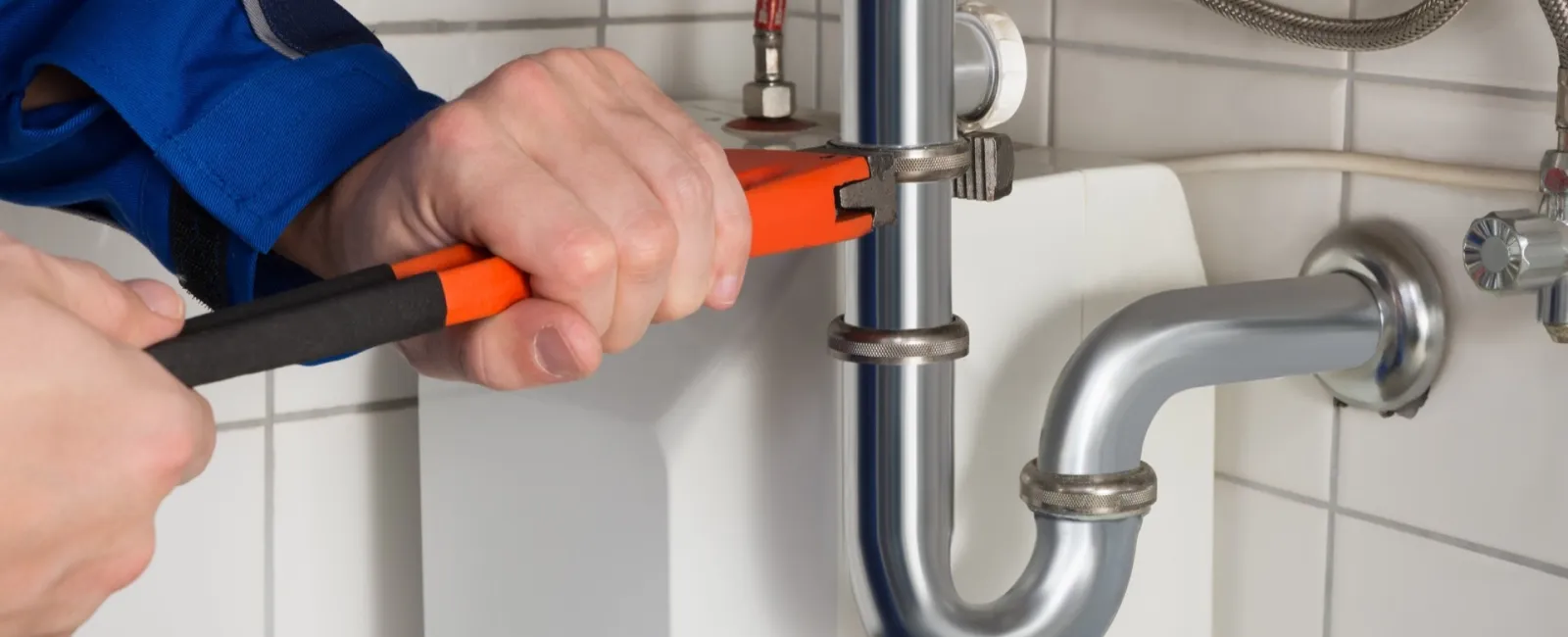If you're shopping for a new home, you know it's common sense to have your house inspected before you close on it. One important thing to consider, however, is having a professional home plumbing inspection performed, as well.
A standard home inspection is thorough, to be sure, but a residential plumbing system is simply too complex to be gone over in detail as part of a general home inspection. Ominously, the things that may be revealed by a home plumbing inspection could be serious and expensive further down the road.
There are a few things you can look for on your own. For example, find the water meter for the house and make sure that the shut-off valve is in working order. A house that gets its water from a well also will have a water-supply shut-off, usually located inside the home. When the supply is off, no water should come out of any taps, shower heads or faucets in the house.
Flush all the toilets. Check to make sure that they all drain and fill properly and with enough pressure to force down anything in the bowl. Find the shower that is located farthest from the water source. Try the hot and cold water separately, making sure that adequate pressure is reaching the shower head.
While these checks seem basic, they can reveal issues of greater concern — and expense — in the future.
A professional inspection also can reveal problems such as hidden or undisclosed lead pipes, water or sewer line damage and numerous other headaches that could save you time, money and anxiety after closing.
If a home plumbing inspection does reveal problems, be sure to take care of them before you close on the house. Work with the seller and the real estate agents involved to get a professional contractor out to the house to make the needed repairs before you move in. That way, after you're done unloading the trucks and moving the furniture, you can take a long, hot shower … and enjoy it.
